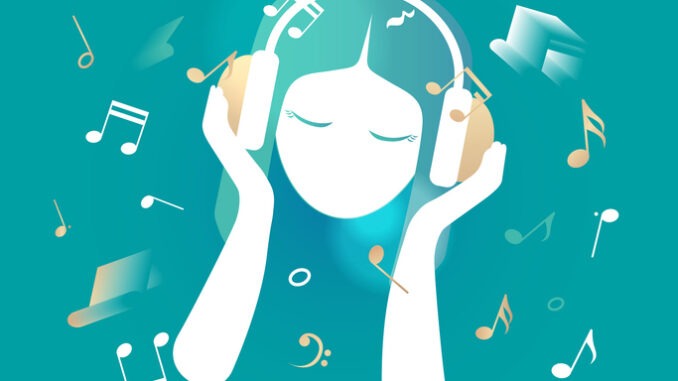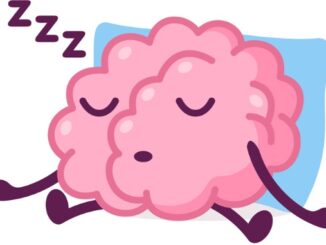
A recent study is revealing how Western classical music affects the brain, with promising implications for treating depression
CREDIT: This is an edited version of an article that originally appeared on Good News Network
Whether it’s Bach, Beethoven, or Mozart, classical music is known to impact mood. Scientists are now using brainwave measurements and neural imaging to reveal exactly how Western classical music produces its positive effects on the brain.
A recent study involving 13 patients with treatment-resistant depression, who already had electrodes implanted for deep-brain stimulation, has uncovered promising insights. This discovery may pave the way for using music as a treatment to activate the brain in individuals with treatment-resistant depression.
In the study, patients were split into two groups based on music appreciation: low and high. The research team found that those with high music appreciation experienced greater neural synchronization and more pronounced antidepressant effects, whereas those with low music appreciation showed less significant results.
Researchers discovered that music produces its antidepressant effects by synchronizing neural oscillations between the auditory cortex, which processes sensory information, and the rewards circuit, which handles emotional processing.
By categorising patients, researchers could examine the antidepressant mechanisms of music more precisely and suggest personalised music therapy plans to enhance treatment outcomes. The team now plans to explore how music interacts with deep brain structures involved in depressive disorders.



Be the first to comment